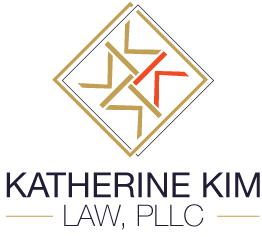3 Legal Issues Self-Published Authors Need to Know About
Over the past decade, self-published books have comprised a greater share of the U.S. book market. By 2018, 92% of the books listed on Amazon were self-published.
As self-published works continue to make up a large portion of the overall market, authors should be aware of the legal issues. If you’re not traditionally publishing, legal problems that may arise will fall to you individually rather than your publisher.
Read on to learn the common issues independent authors might encounter in the publishing process.
1. Registering a Copyright
Having a basic knowledge of copyright laws is essential when it comes to self-publishing. Whether you want to protect your work from infringement or ensure that your work doesn’t infringe on someone else’s copyright, it’s beneficial to have a good understanding of those rights and limitations.
While a copyright does attach to a work once it is created, registration of that copyright allows an author increased protection and control over their works. To ensure a work is legally protected, authors should register their book with the U.S. Copyright Office. Though there is a small fee, the protection afforded by a registered copyright is invaluable to an author.
2. Public Domain
Because licensing fees for use of copyrighted work - like an image on the cover of a book - can add up and become burdensome to an independent author, it’s helpful to look to the public domain for materials that can be used free of charge.
Public domain materials are not protected by intellectual property laws, such as copyrights, so an author could use a public domain image for the cover of their book without worrying about licensing fees. Searching for the work in the Catalog of Copyright Entries - maintained by the U.S. Copyright Office - is a good way to confirm public domain status.
3. Defamation and Libel
When it comes to writing about real people and events, self-published authors should educate themselves on defamation and libel laws. Libel refers to written materials that contain false statements about a person or thing that could damage their reputation.
If you have concerns about the content of your writing, it’s useful for authors to consult with a lawyer experienced in self-publishing to identify any potentially libelous text.
If you have any questions or concerns about your works and the legal issues that occur in self-publishing, please don’t hesitate to contact our office for a consultation at (214) 814-5123.

